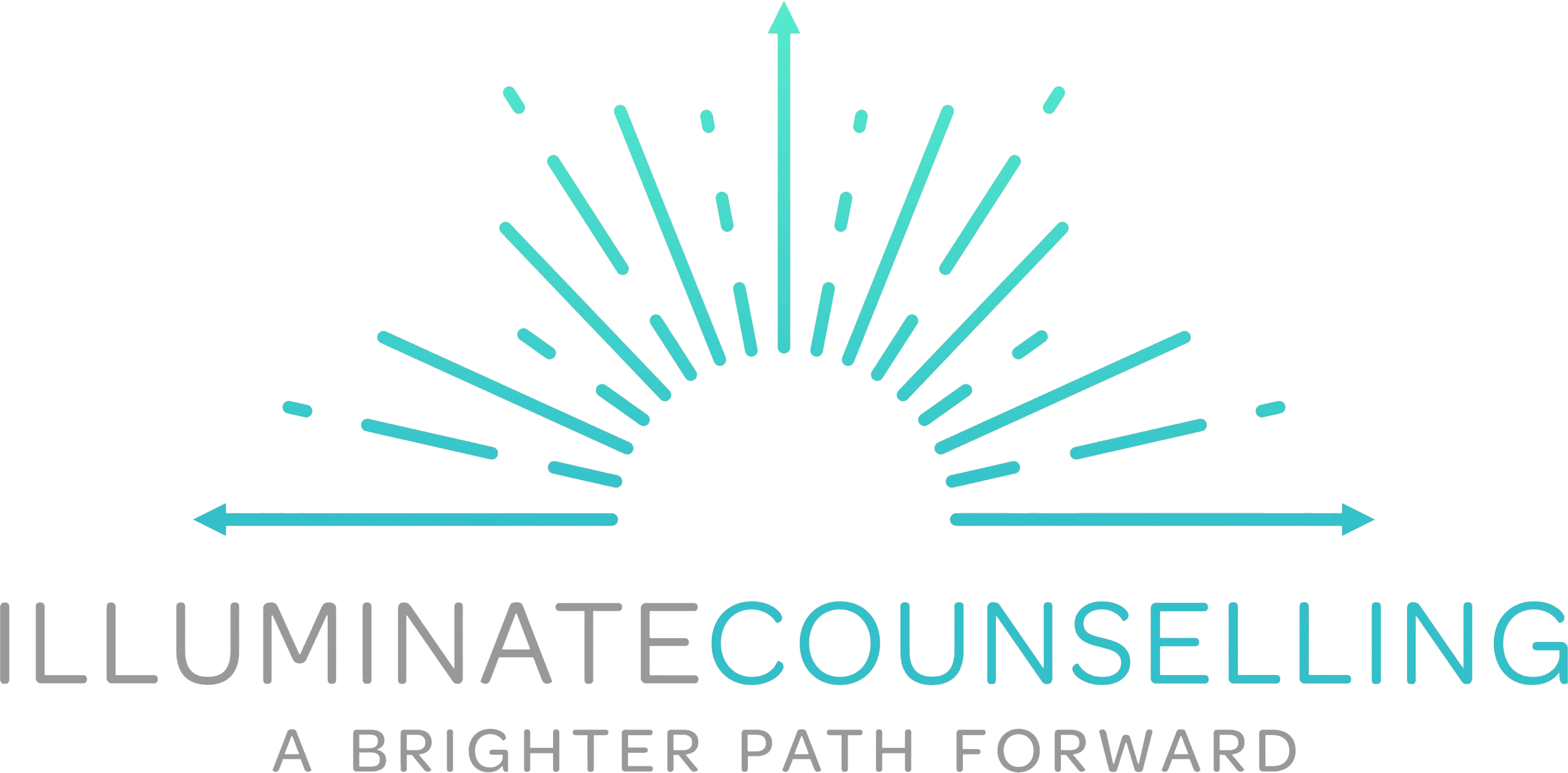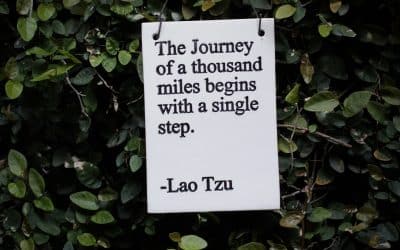Deciding Whether to Have Another Baby: working towards clarity
Few decisions in life bring up as much reflection — or confusion — as whether to have another baby or not. For some people, the answer feels clear. For others, it’s filled with mixed emotions, uncertainty, or tension within the relationship. Some of our clients appreciate the metaphor related to childbearing ambivalence: it’s an emotional tug of war.
At Illuminate Counselling in North Vancouver, we support individuals and couples who feel stuck in making this decision. You might be asking yourself:
-
Do I really want another child?
-
Would another baby add to or strain our family? Can our relationship HANDLE another child?
-
Why do I keep going back and forth?
This process of ambivalence in family planning touches on more than practical concern — it often brings up questions about identity, values, relationships, and what a life well-lived may look like for you. Below, we explore some of the main individual, relational, societal, and existential factors that influence this important decision.
1. Individual Factors impacting Family Planning
Everyone carries their own hopes, fears, and lived experiences into this choice, and these are important to consider:
-
Emotional readiness: Do I feel grounded enough to move through another pregnancy, birth, or postpartum period?
-
Physical health and age: For some, fertility concerns, recovery from past pregnancies, or the realities of aging bodies can make the choice more complicated, including concerns about higher risk pregnancies.
-
Identity and sense of self: Parenthood changes us. Some people long to continue that journey; others begin to get a taste of rediscovering themselves outside of the parenting role, and feel reluctant to “go back”.
-
Past experiences: A history of pregnancy loss, traumatic birth experience(s), postpartum depression & anxiety (or other PMADs) can understandably create hesitancy or fear around ‘doing it all again’. If a previous pregnancy and postpartum were very challenging, it is hard to think about doing it all over again, this time with more dependents.
Exploring some of these factors and how they make you feel with a counsellor can help untangle what is fear-based, what is value-based, and what feels authentic for you at this stage of life.
2. Relational Factors: Navigating Different Desires and Expectations
How supportive was a partner during the previous postpartum period? How much strain was put on the relationship? These are very important considerations, and often play into the sense of capacity in the relationship to absorb additional stress. Also, when partners have different feelings about having another child, it can create emotional distance or conflict.
Common relational considerations include:
-
Uneven desire: One partner may feel done, while the other still feels a deep longing for another child.
-
Communication patterns: Can both partners talk openly about fears, grief, and hopes without blame? Or is there a quick reaction of defensiveness, avoidance, or other unhelpful behaviours?
-
Division of labour: Who carried the mental, emotional, or physical load during the last postpartum period? How might that need to change?
-
Support systems: Access to family help, childcare, or community support often impacts what feels possible.
Couples counselling can help partners explore these issues together — not just to decide, but to understand each other more deeply in the process.
3. Societal Factors: The Context We Live Within
Deciding whether to have another child doesn’t happen in isolation. Cultural, financial, and societal pressures can strongly influence what feels right or realistic.
-
Economic realities: Rising housing costs, childcare expenses, and career demands can all impact the sense of readiness. This is very much true of many of our clients who live in and around Vancouver, British Columbia, which has a high cost of living. But this is rising in many parts of the world, sometimes limiting a family’s ability to grow.
-
Cultural norms and expectations: Many clients that we work with feel pressure to “give their child a sibling” or to have a certain size of family. Others feel judged for choosing not to. This peer comparison is a factor whether we like it or not, but therapy can help determine how societal biases may be influencing your decision.
-
Gender roles: In many families, women carry more of the emotional, practical, and ment load of parenting, which can make the idea of another child feel unequal or overwhelming. Sometimes this is accentuated by a partner who really wants another, but may not fully understand or appreciate the sacrifices involved for the (female) intended carrier.
-
Global and environmental factors: Concerns about the future, climate change, or world instability also play into modern family planning decisions. It is common to think “what kind of world would I be bringing another child into?”
Acknowledging these influences can help you separate what you truly want from what’s been culturally or socially conditioned; to help turn down the noise so that you can find more clarity.
4. Existential Factors: The Bigger Life Questions
At a deeper level, this decision of whether to have another baby or not often brings up existential questions about meaning, purpose, freedom, and the kind of life you want to lead. These can include themes around:
-
Fulfillment and legacy: What does “enough” look like for you — in terms of family, purpose, and identity? We hear clients struggle with the fact that they are making a decision for their future self – but many different versions of this self. How will you know how you will feel in 1, 5, 20 years?
-
Fear of regret: Many people worry that they’ll regret whichever path they take, and this can keep a person stuck or going back and forth between options.
-
Acceptance of reality: Sometimes the family we have isn’t the one we imagined — and coming to peace with that can be its own form of healing.
-
Uncertainty: There’s no guarantee of outcome, including if you have another baby, how that baby will be in temperament and personality. If you choose not to have a baby, there are unknowns of course of where that life will lead. Even when a decision feels right, we can still feel grief for the path not taken, and this can be helpful to process with a therapist.
Working through these deeper layers can help bring clarity, even if it doesn’t lead to a perfect sense of certainty.
5. Counselling Support for Family Planning and Ambivalence
If you’re feeling emotionally torn or stuck in indecision, you’re not alone. Many people experience ambivalence about having another child, especially after difficult postpartum experiences or changes in life circumstances.
Talking with a counsellor can help you:
-
Understand the fears and beliefs beneath your ambivalence / indecision
-
Explore your values and how they align with the vision of your life
-
Navigate differences with your partner in a safe, supported setting
-
Make peace with your decision — whatever it may be
At Illuminate Counselling in North Vancouver, our therapists specialize in reproductive and perinatal mental health. We support individuals and couples navigating fertility decisions, pregnancy, postpartum transitions, and questions around family planning.
Finding Your Way Forward
You don’t have to rush this decision or have all the answers. Taking the time to explore what truly matters — to you and your relationship — can be the most important step of all.
If you are struggling to decide whether to have another baby, or you and your partner feel stuck in different places, it may be useful to meet with a specialized counsellor. Clients often reach out with the goal of wanting to find clarity, and disentangle what may be contributing to this heavy decision. We can help you do just that.




